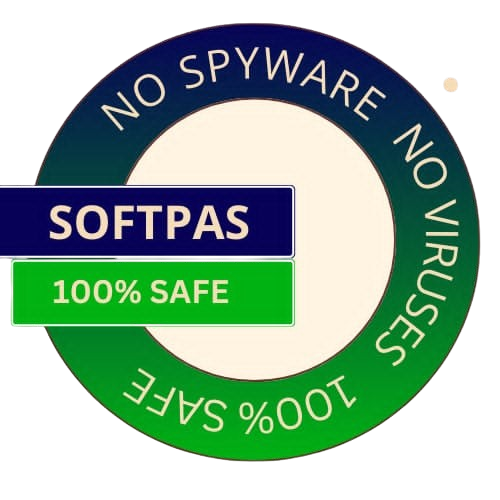
Get the best deals on your favorite games
Freenet software lets you publish and obtain information on the Internet without fear of censorship. To achieve this freedom, the network is entirely decentralized and publishers and consumers of information are anonymous. Without anonymity there can never be true freedom of speech, and without decentralization the network will be vulnerable to attack.
Communications by Freenet nodes are encrypted and are "routed-through" other nodes to make it extremely difficult to determine who is requesting the information and what its content is.
Users contribute to the network by giving bandwidth and a portion of their hard drive (called the "data store") for storing files. Unlike other peer-to-peer file sharing networks, Freenet does not let the user control what is stored in the data store. Instead, files are kept or deleted depending on how popular they are, with the least popular being discarded to make way for newer or more popular content. Files in the data store are encrypted to reduce the likelihood of prosecution by persons wishing to censor Freenet content.
Unlike many cutting edge projects, Freenet has been downloaded by over 2 million users since its inception and is used worldwide for distributing censored information, including in countries such as China and the Middle East.
Ideas and concepts pioneered in Freenet have had a significant impact in the academic world. Freenet's creator, Ian Clarke, was recognized as one of the top innovators of 2003 by MIT's Technology Review magazine.
Go to the Softpas website, press the 'Downloads' button, and pick the app you want to download and install—easy and fast!

SoftPas is your platform for the latest software and technology news, reviews, and guides. Stay up to date with cutting-edge trends in tech and software development.
Subscribe to newsletter
© Copyright 2024, SoftPas, All Rights Reserved.